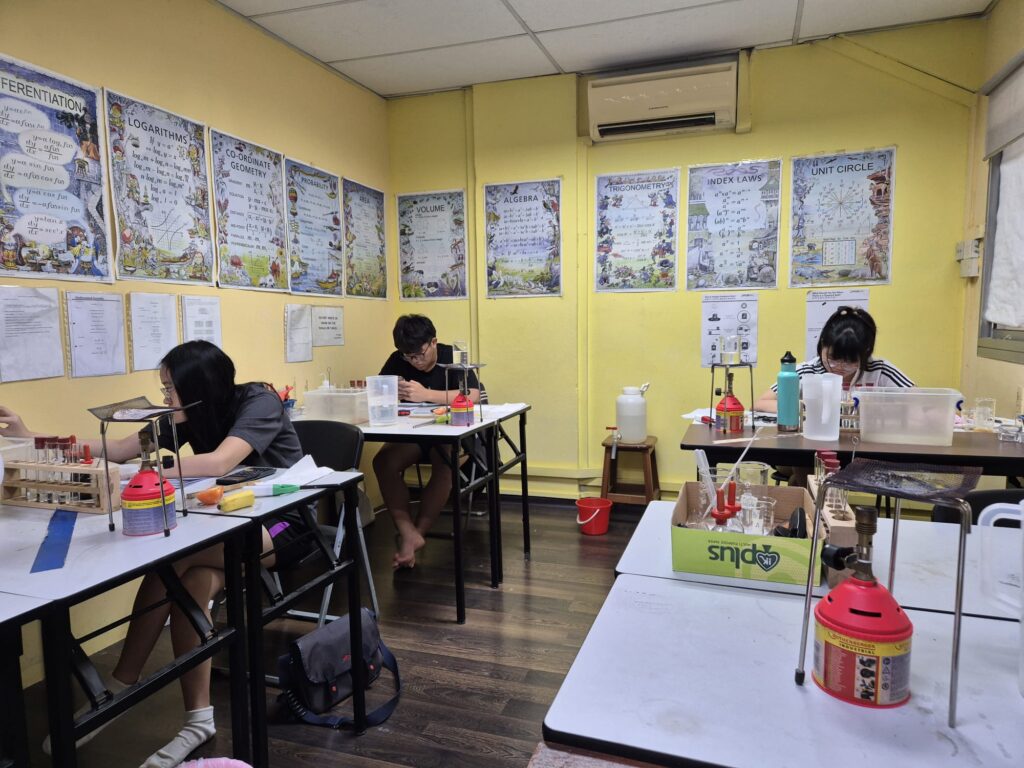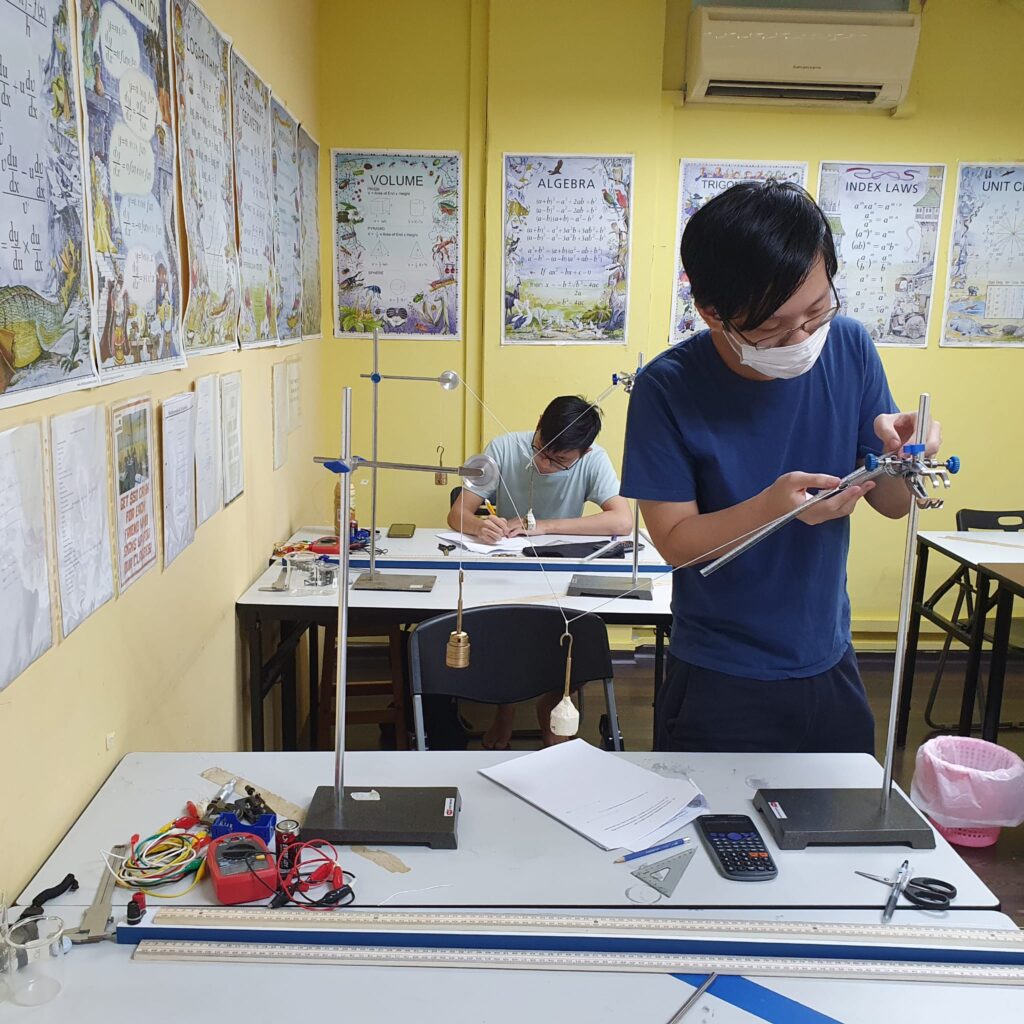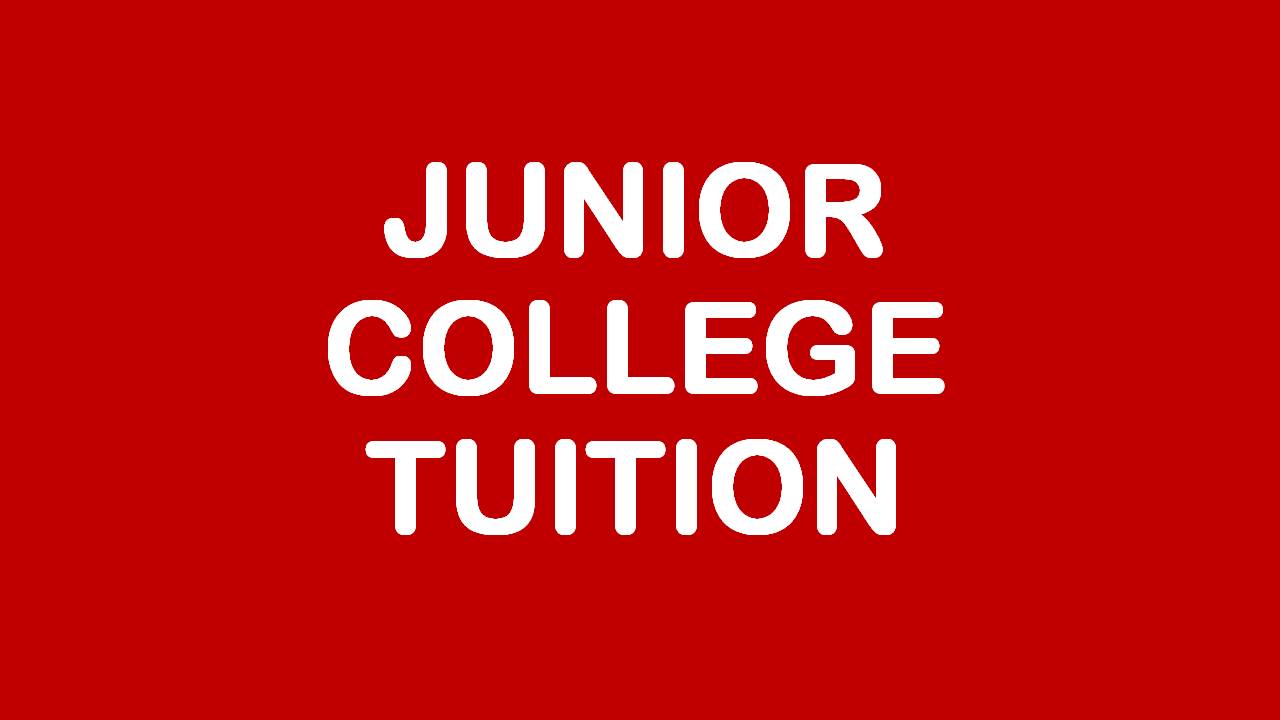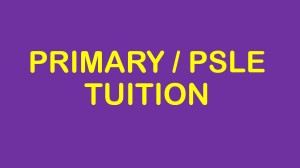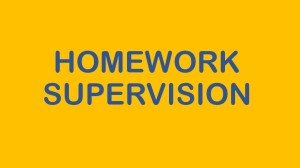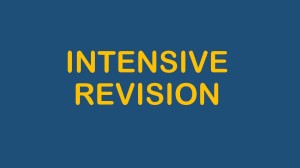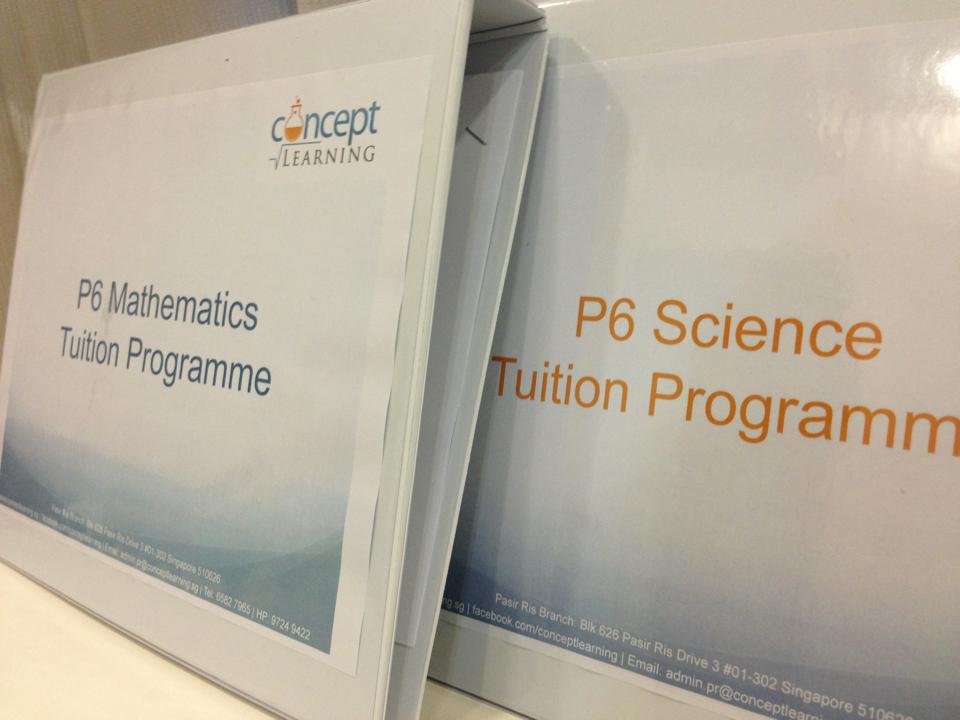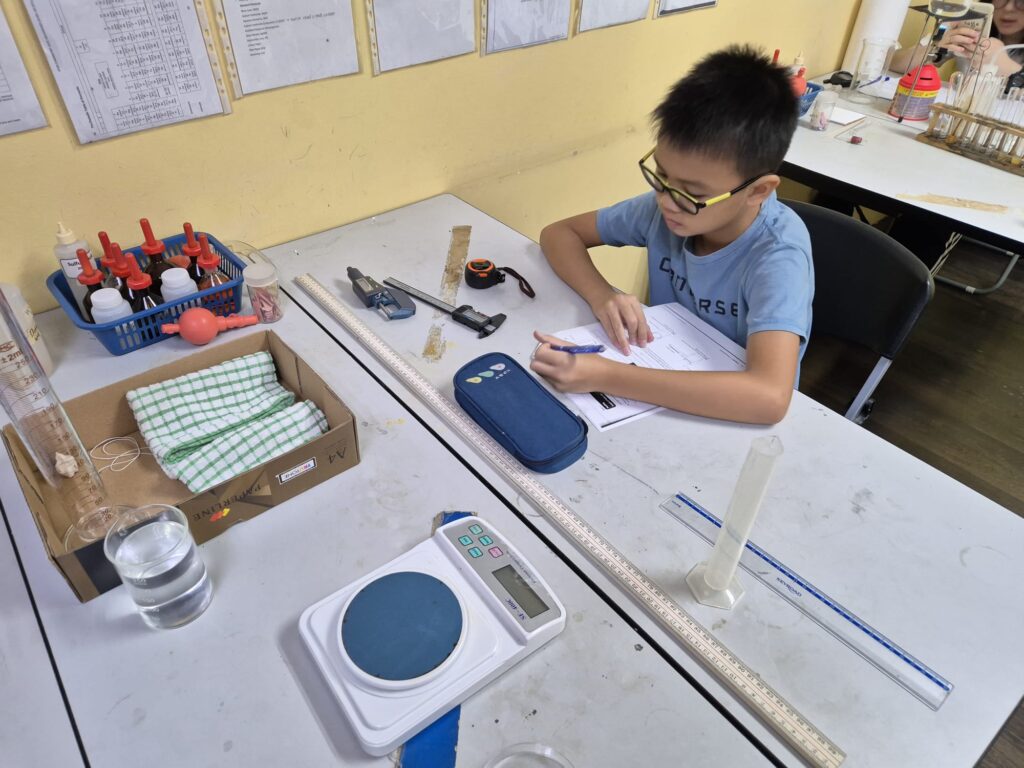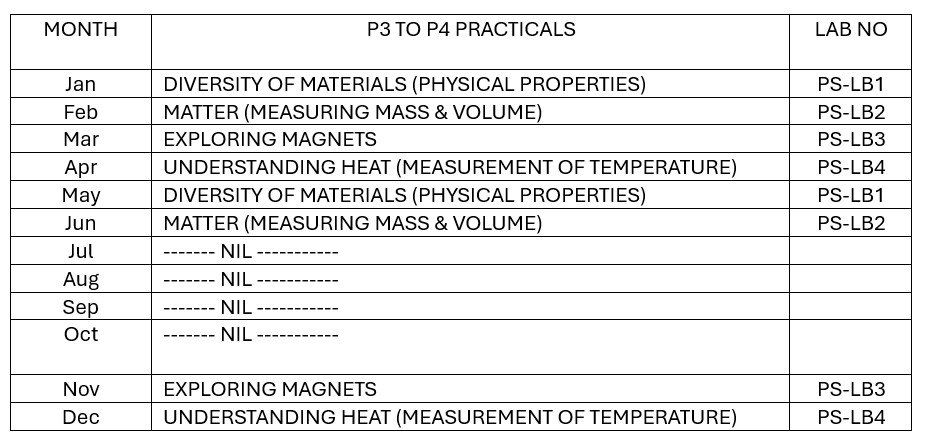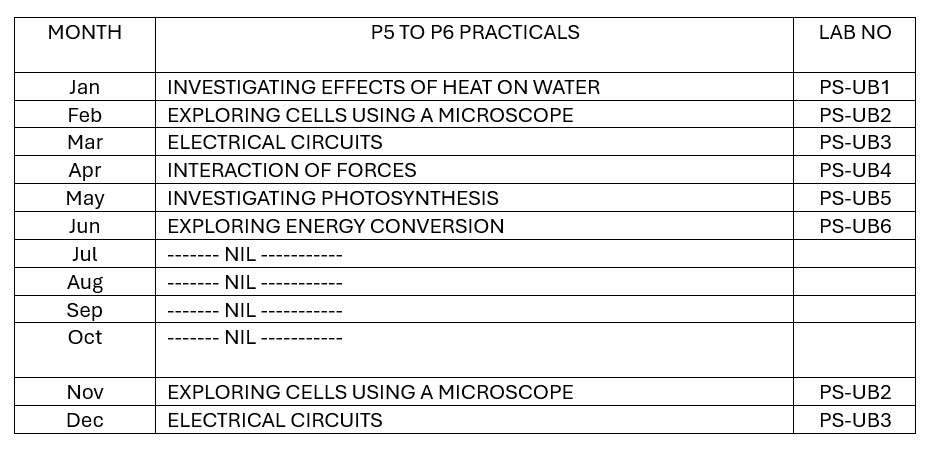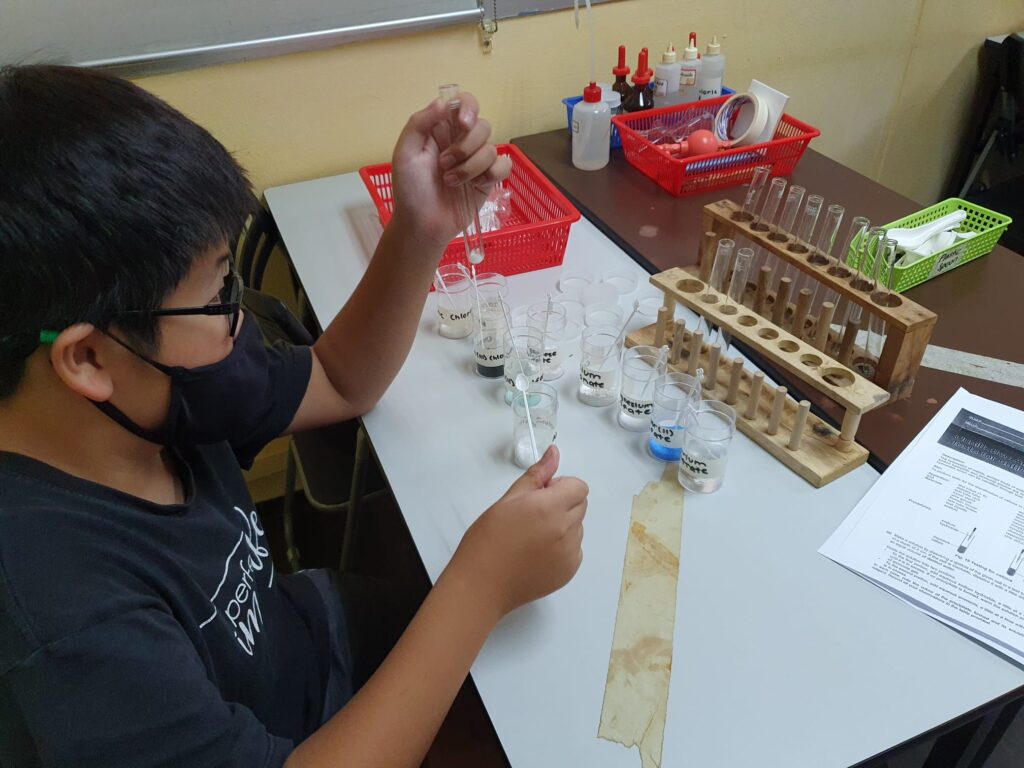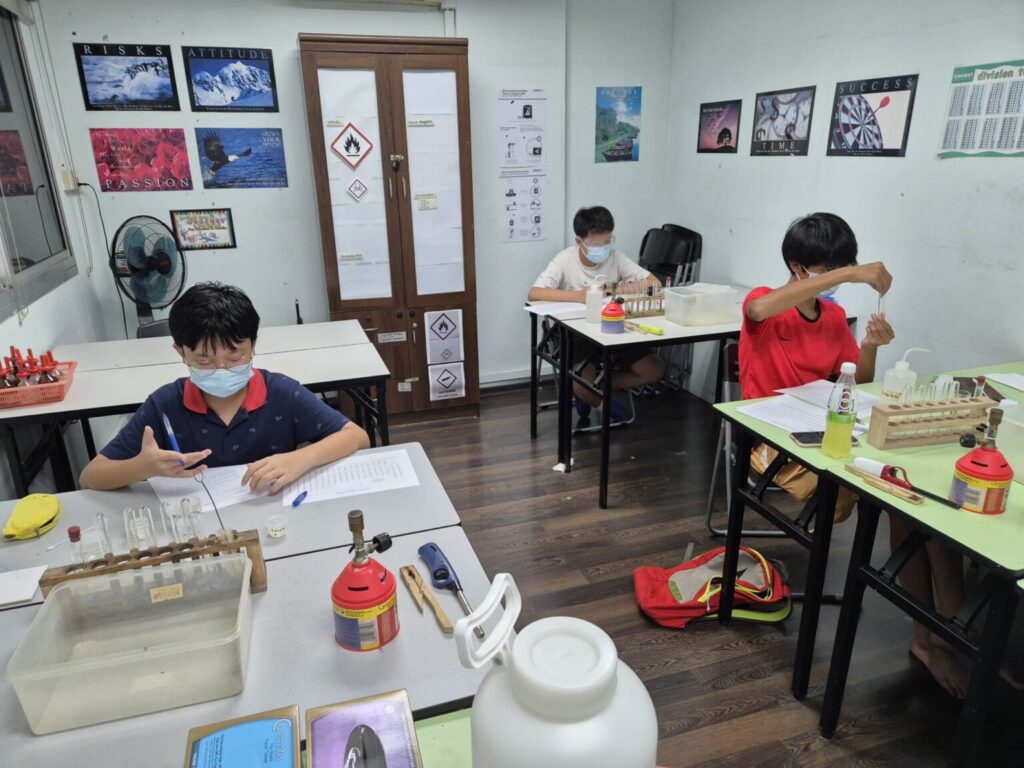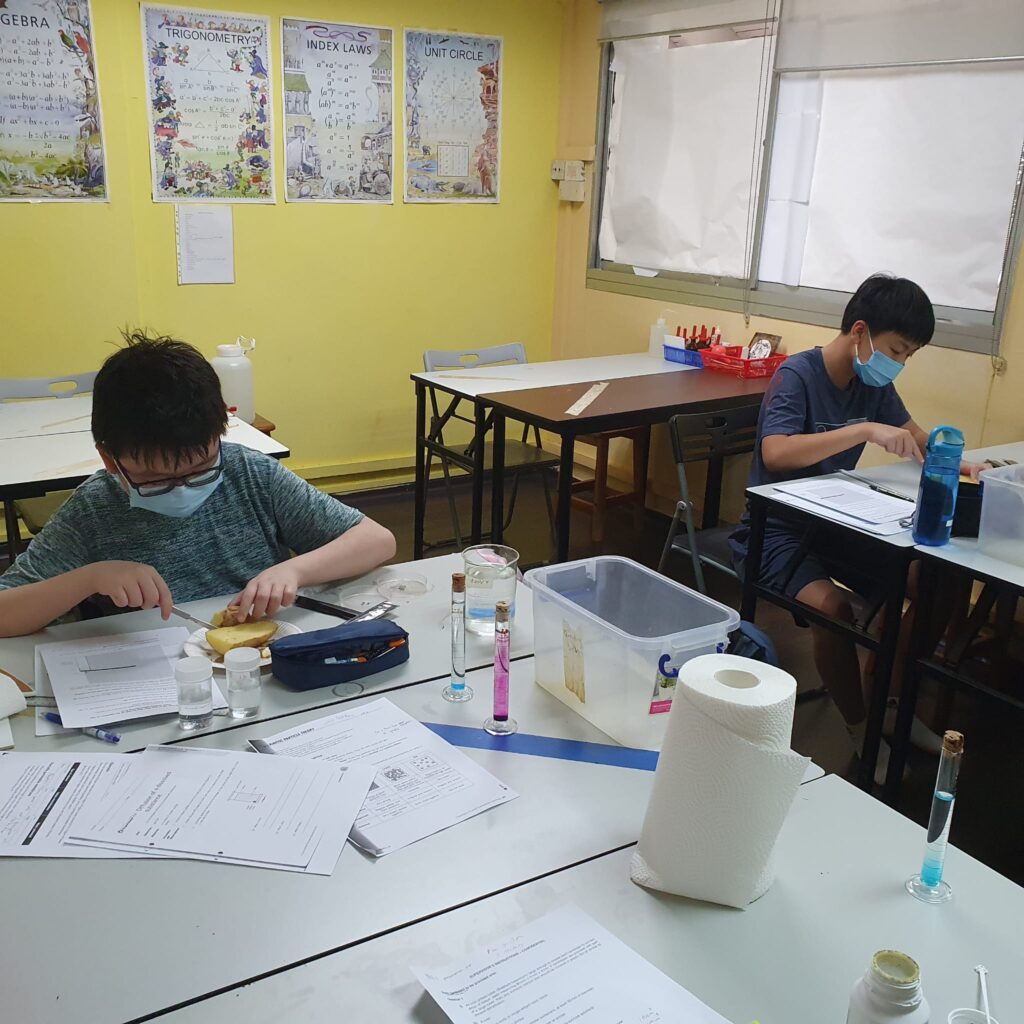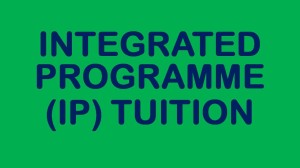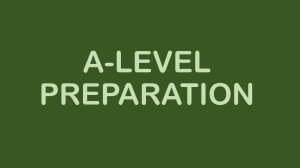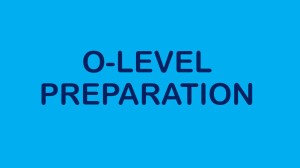SCIENCE PRACTICAL TRAINING
H2 CHEMISTRY HANDS-ON PRACTICAL CRASH COURSE
H2 BIOLOGY HANDS-ON PRACTICAL CRASH COURSE
H2 PHYSICS HANDS-ON PRACTICAL CRASH COURSE
PRACTICAL CRASH COURSES (Mar, Jun, Sep and Oct)
MOCK EXAMS FOR SCIENCE PRACTICAL (Sep and Oct)
H2 PHYSICS PRACTICAL
H2 CHEMISTRY PRACTICAL
H2 BIOLOGY PRACTICAL
The table below shows the net L1R5 aggregate of the lowest ranked students who were admitted to the Junior Colleges (JCs) through the 2012 Joint Admissions Exercise (JAE).
| S/No | Junior College | Arts | Science/IB |
| 1 | Hwa Chong Institution | 3 | 3 |
| 2 | Raffles Institution | 3 | 3 |
| 3 | Victoria JC | 5 | 4 |
| 4 | National JC | 5 | 5 |
| 5 | Anglo-Chinese School (Independent) | – | 5 |
| 6 | Temasek JC | 7 | 6 |
| 7 | Anglo-Chinese JC | 7 | 6 |
| 8 | Anderson JC | 10 | 8 |
| 9 | Meridian JC | 9 | 9 |
| 10 | Nanyang JC | 9 | 9 |
| 11 | St. Andrew’s JC | 9 | 9 |
| 12 | Catholic JC | 10 | 10 |
| 13 | Serangoon JC | 13 | 13 |
| 14 | Tampines JC | 13 | 14 |
| 15 | Jurong JC | 13 | 16 |
| 16 | Pioneer JC | 16 | 16 |
| 17 | Innova JC | 20 | 20 |
| 18 | Yishun JC | 20 | 20 |
| 19 | St. Joseph’s Institution | – | – |
SCIENCE PRACTICAL TRAINING
H2 PHYSICS PRACTICAL
H2 CHEMISTRY PRACTICAL
H2 BIOLOGY PRACTICAL
Sec 4 Physics Reflections 27/01/13 – Applications of Electrostatics
I wanted to proceed to Current Electricity, but the students wanted more discussion on how to answer application questions on electrostatics.
So I supplied them with quite a number of such application questions, often with confusing diagrams. The key to answering such questions is to first draw the distribution of charges on the items in the diagram, and identify which objects are conductors and which are non-conductors. For the conductors, check whether they are insulated from the surroundings.
Key points to note:
(1) Only non-conductors can be charged by rubbing (why?)
(2) Electrons can flow into and out of only conductors, and only when the conductors are in contact with other conductors (why?)
(3) A charged object can attract a neutral conductor (why?) and a charged object can also attract a neutral non-conductor (why?)
(4) Upon contact with a highly charged object, a conductor behaves differently from a non-conductor (why?)
Rgds,
Ilyasa, M.Ed, PGDE, ex-MOE Math and Physics teacher (hp: 97860411)
=============================================================
For our latest timetable, click here => 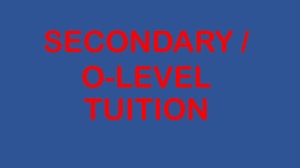
=============================================================
Sec 4 A. Math Reflections 26/01/13 – Quotient Rule
I introduced Quotient Rule to the class last week so today we continued with it. Quotient Rule is actually very easy to use and should not be replaced by the Product Rule, even though it’s very convenient for students to write a fraction as a product of two terms.
What students find difficult is in simplifying the resulting expression, which often consists of fractions within fractions, with some terms having a square root sign over it. Of course there is a ‘trick’ to get the factorisation done quickly and correctly, but it’s too cumbersome for me to demonstrate here. More importantly, this difficulty that students often face highlights the point that I’ve posted earlier, that Sec 1 and Sec 2 Algebra is VERY IMPORTANT.
For the next lesson, I’ll be going into the Second Derivative as well as Application of Differentiation to curves, tangents and normal. We may be covering the Chain Rule if we have time.
Rgds,
Ilyasa, M.Ed, PGDE, ex-MOE Math and Physics teacher (hp: 97860411)
=============================================================
For our latest timetable, click here => 
=============================================================
Finance degree from SIM is still recognised …
Recently, I went to open a business account with a local established bank. I was served by a Business Banking Manager, a fresh graduate, who had worked for the bank for just 4 months! He had a finance degree from SIM.
Ok, this bank, as far as I know, is not owned even partially by the Spore govt, although its leaders have ties with the ruling elite. I’m also not sure which finance degree he obtained, as in which was the awarding university (SIM is not a university; pls don’t confuse SIM with UniSIM).
Thus the finance degree he obtained is most likely an external degree. My point is, you may still get employed by an established company if you have not graduated from any of the local universities, such as NUS, NTU, SMU or SUTD. It could well be that the finance or banking industry has its own list of recognised university degrees, such as the nursing or hospitality industries, and these degrees may even be external or distance-learning degrees.
Thus if you are interested in a particular industry, you’d need to find out which are the universities recognised by the big names in that industry.
Sec 4 Physics Reflections sun1415 20/01/2013 – Electrostatics
I completed the teaching of Electrostatics to this class of 6 eager boys from a top school. First I showed a video of how a home-made electroscope is used to determine the kind of charge on a rubbed insulator.
I like to link topics to real life, so I described to them one of my roles while serving NS – to attach cargo to the bottom of a helicopter in what is commonly known as “underslung” operations. But we have to discharge the helicopter first, which is flying above our heads, using a long earth wire, else we may get an electric shock.
We covered definitions, procedures and concepts such as electric field and electric field lines. I even taught them an A-Level formula, F = Qq/kr^2, so that they understand that the electric force between two charged particles is the same for both charges even though the sizes of the charge on them are different.
We also discussed answers to a challenging worksheet and true enough, the students have certain misconceptions about charges and their movement.
Next week, we’ll start on Current Electricity. It’ll be fun.
Ilyasa, M.Ed, PGDE, ex-MOE teacher
(hp: 97860411)
=============================================================
For our latest timetable, click here => 
=============================================================
Sec 4 A. Math Reflections sat1415 19/01/2013 – Differentiation
This was our third lesson in Jan. We did the Product Rule for Differentiation after spending the last two sessions doing the Basic Rule and the Power Rule (a subset of the chain rule).
I told students to differentiate directly, in line, and not use the “let u = f(x) and v = g(x)” which is longer, more confusing and can cause more careless mistakes.
Now they are able to perform dy/dx = f(x)g'(x) + g(x)f'(x) quite quickly without introducing new variables such u and v which can be quite clumsy. Most of the time, finding dy/dx is part of a larger question, so it is unwise to make this part too long.
I ended the lesson with an intro to the Quotient Rule. Again, I don’t recommend the use of u’s and v’s and instead differentiate directly in line. We’ll be practising the Quotient Rule in the next session.
Again I tell students that Calculus is almost one-third of the A. Math syllabus, so if you want to get A1 you have to master Differentiation and Integration, which, in my opinion (and students hate it every time I say it), are amongst the easiest of topics in A.Math.
However, Integration at the A-Levels (H2 Math) can be quite difficult. But we’ll cross the bridge when we come to it. : )
Ilyasa, M.Ed, PGDE, ex-MOE teacher
(hp: 97860411)
=============================================================
For our latest timetable, click here => 
=============================================================
P6 (PSLE) Math & Science Tuition at Concept Learning
_______________________________________
TUITION CLASSES:
_______________________________________________________________
EDUCATIONAL SERVICES:
______________________________________________________________
By EX-MOE TEACHERS & EXPERIENCED TUTORS
@ BLK 644, BUKIT BATOK CENTRAL, #01-68. S(650644).
CALL 65694897 OR SMS 98530744 OR 97860411.
For more details, kindly visit www.conceptlearning.sg, or call 97860411.
My (our) students’ O-Level (2012) results released in 2013
Ok la, this year I shall break tradition by posting whichever results my last year’s students inform me of. One has just come in. I will update throughout the week as I get more results (sometimes students are just forgetful).
Physics: Luke, A2 (from b4 avg, failed in sec 3 (his mum just told me), St Pat’s sch, Farkhanda, B3 (from fail avg)
Chemistry (under Mr Anthony): Charmaine A2; Bandar A2; Luke, B3; Farkhanda, B4. (from fail avg)
Science: Ben, B3.
A. Math: Ameerul, C5 (from fail avg, Yuhua sec); Loges, B3 (from C5-C6 avg, ACS(I)); Ravin, B3 (from fail avg); Rahim, B3 (from C5-C6 avg); Jin Yong, A1 (from B4 avg); Farkhanda, B3 (from fail avg).
Math: Ali Zul, B3 (from C5-C6 avg); Colin, B3 (from C5)
This year, I shall also break tradition in another way, by posting a testimonial from a student, Ravin. Below is the exact words that he smsed to me at 10.06 am on 11 Jan 2013:
“My plan is to do engineering. More to aerospace or aeronautical. I will put my first few choices as that the rest I’m still thinking. Last choice will be MI. Yes Mr Ilyasa, a lot of improvement. I did not put in a lot of effort for A-math and my sci in secondary school. In fact I was failing but I’m happy to see that I got Bs and A for my math and sci but it’s really disappointing to see a 6 for EL. Thank you for your help Mr Ilyasa. You make lesson so fun and you taught me a lot. : ) “
Well, he taught me a lot too.
Waiting for more updates from more students …..
Ilyasa, M.Ed., PGDE, full-time tutor, ex-sch teacher (h/p: 97860411)
List of ‘Top’ Primary Schools (2012) based on GEP classes and Awards achieved
The following system ranks primary schools according to the number of gifted classes available in a school from P4-P6, and how many awards they have obtained in 2011. The information has been taken and analysed from the MOE’s website.
For ease of reading, the numbers in the table under each column heading is the number of awards/classes there are, while the number in [ ] is the points that we assign to each award/class based on our judgement of the perceived relative importance of these programmes or awards. The Total is the number of points obtained by each school for the purpose of our ranking.
Gifted Education Programme (GEP)
As the presence of GEP classes in a primary school is an indication of the recognition and support that such schools have from the government, 3 points are awarded for each class present in the school from Primary 4-6.
School Distinction Award (SDA) & School Excellence Award (SEA)
As the SEA and SDA are very prestigious awards for a school, 2 points will be awarded for each of these awards obtained.
The following awards are assigned one point each for the purpose of computation of the ranking:
Development (DA) and Outstanding Development Award (ODA) (National Education)
Development (DA) and Outstanding Development Award (ODA)(Character Development)
Best Practice Award (BPA)
Special Award (SA)—Lee Kuan Yew National Education Award (LKY NE Award)
PRIMARY SCIENCE EXPERIMENTS
This page is for students who are keen to join our Young Scientist Programme, from P3 to P6, to enhance their learning of scientific phenomena and concepts, as well as to develop their science investigative skills such as making a hypothesis, understanding variables, observing changes in test specimens, collecting data, deducing relationships or trends, and making evidence-based conclusions.
Such students may also keep and maintain a portfolio of their scientific investigations for DSA purposes.
For expressions of interest or early bookings, please don’t hesitate to send a message to 88765498, as we can cater to a maximum of only 10 students in one session.
P3 TO P4 SCIENCE PRACTICAL SCHEDULE
P5 TO P6 SCIENCE PRACTICAL SCHEDULE
PRIMARY SCIENCE PRACTICAL TRAINING:
- Each session is 1.5 hrs.
- Each session covers the practical sections (plus some theory) of one Topic.
- Available only from Nov to June.
TIMETABLE
Practical Timings:
Mon, Tue, Fri: 11am-12.30pm | 4.30pm – 6pm
Sat, Sun: 5pm – 6.30pm
Mar, Jun, Nov, Dec school hols: To be announced.
*For Mar, Jun, Nov and Dec school holidays we will have special days and times for Primary Science Practical Enrichment which will be announced later. For expressions of interest or early bookings, please don’t hesitate to send a message to 88765498, as we can cater to a maximum of only 10 students in one session.
If you have any queries kindly contact Admin at 6569 4897 or 88765498 (Whatsapp)
List of ‘Top’ Secondary Schools (2012) in Singapore by Cut-Off PSLE aggregate score (2011)
| Name of School | PSLE Cut-Off Score |
| NANYANG GIRLS’ HIGH SCHOOL | 262 |
| RAFFLES GIRLS’ SCHOOL (SECONDARY) | 261 |
| RAFFLES INSTITUTION | 261 |
| HWA CHONG INSTITUTION | 258 |
| NATIONAL JUNIOR COLLEGE | 258 |
| DUNMAN HIGH SCHOOL | 256 |
| RIVER VALLEY HIGH SCHOOL | 254 |
| METHODIST GIRLS’ SCHOOL (SECONDARY) | 250 |
| CEDAR GIRLS’ SECONDARY SCHOOL | 249 |
| CHIJ ST. NICHOLAS GIRLS’ SCHOOL | 249 |
| CATHOLIC HIGH SCHOOL | 248 |
| SINGAPORE CHINESE GIRLS’ SCHOOL | 248 |
| ANGLO-CHINESE SCHOOL (INDEPENDENT) | 247 |
| VICTORIA SCHOOL | 247 |
| BUKIT PANJANG GOVT. HIGH SCHOOL | 244 |
| ANGLICAN HIGH SCHOOL | 243 |
| CRESCENT GIRLS’ SCHOOL | 243 |
| NAN HUA HIGH SCHOOL | 243 |
| ST. JOSEPH’S INSTITUTION | 242 |
| CHUNG CHENG HIGH SCHOOL (MAIN) | 237 |
Related Links:
LATEST! :
(A) List of ‘Top’ Secondary Schools (2013) in Singapore by Cut-Off PSLE aggregate score (2012)
(B) Post-PSLE Math Enrichment: Sec 1 Arithmetic & Algebra (24 Nov & 1 Dec)
(C) WHAT FACTORS TO CONSIDER WHEN CHOOSING A SECONDARY SCHOOL
(1) List of ‘Top’ Secondary Schools (2012) in Singapore by median PSLE aggregate score (2011)
(2) List of ‘Top’ Primary Schools (2012) based on GEP classes and Awards achieved.
(4) List of ‘Top’ Courses of Polytechnics (2012) in Singapore by net Cut-Off ELR2B2 aggregate
*To find out important details of a particular school, click on School Information Service.
If you are already in these schools, don’t be arrogant, don’t be complacent; you still need to study hard and intelligently. Good luck. : )
Ilyasa, M.Ed., PGDE, full-time tutor of Math & Physics (h/p: 97860411)
Related link: Beware the critical years in math education in Singapore …

